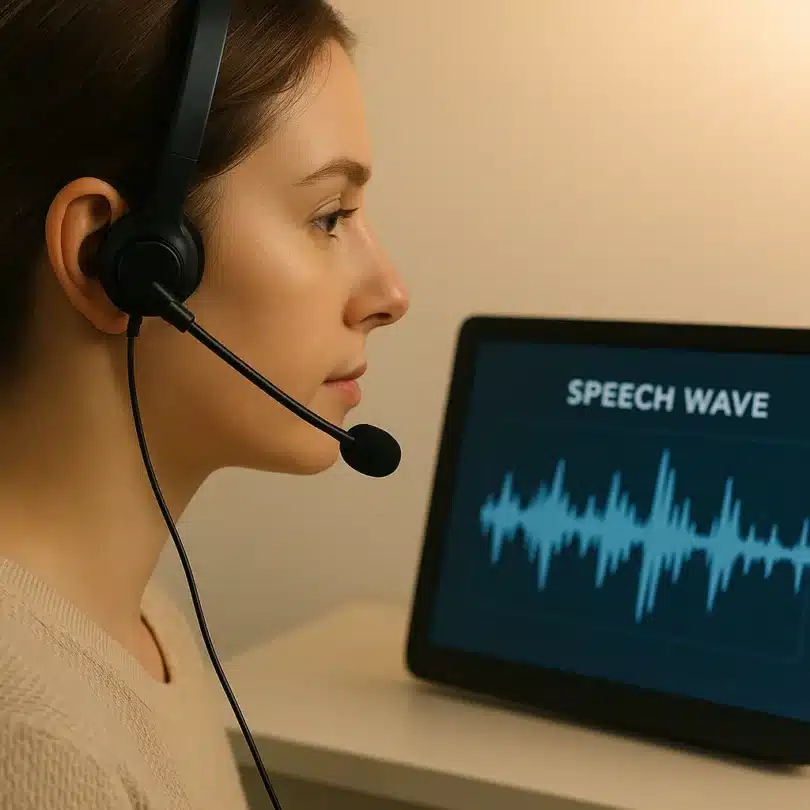Researchers at the University of California, Davis have introduced a groundbreaking brain-computer interface (BCI) that marks a major leap: for the first time, an individual with amyotrophic lateral sclerosis (ALS) has achieved real-time vocal communication, including expressive speech and simple melodies, through direct neural decoding. This shift from text-based to fully synthesized speech brings a new era of communication possibilities for those with severe speech impairments.
The system, part of the BrainGate2 clinical trial, integrates four microelectrode arrays implanted in the motor speech cortex. These arrays wirelessly transmit neural activity to AI algorithms capable of interpreting intent not just to spell words, but to recreate intonation, rhythm, and emotional tone. Sergey Stavisky, a lead researcher, highlighted that this innovation “is more like a voice call”—a major improvement over earlier technology resembling text messaging.
Over the span of weeks, the patient regained the ability to “speak” spontaneously rather than select letters one by one. They could ask questions, express emotional inflections, and even sing short melodies—an unprecedented outcome in BCI-assisted communication. Importantly, the system maintains a minimal delay, enabling near-natural conversations.
This breakthrough has profound cultural and emotional implications. For individuals facing social isolation due to neurological conditions, losing the ability to express tone represents a deeper sense of disconnection than losing vocabulary. This BCI system can restore not just words, but personality, nuance, and connection—transforming quality of life at an intimate level.
That being said, researchers emphasize that this remains early-stage. The current system is designed for implanted devices and limited speech tasks. Expanding vocabulary, refining AI decoding models, and ensuring long-term device durability are key next steps. Clinical scale-up will require ethical oversight, robust trial data, and safeguards against misuse.
Assuming continued success, this BCI could open doors to similar applications for individuals with locked-in syndrome, severe stroke, or brainstem injury. It may also inspire integrations into voice-based digital assistants, making communication more accessible and expressive for users relying on eye-gaze or text input systems.
From a broader cultural view, this achievement contributes to ongoing dialogues around human augmentation—raising both excitement and ethical debate about brain-machine interfaces blending identity, privacy, and autonomy. The technology challenges us to consider what “speaking” means and how tech can bridge profound human limitations.
This milestone positions UC Davis and the BrainGate2 project at the forefront of neurotech innovation. As the team works toward expanding capabilities, real-world testing, and commercial pathways, they’ve shown that the future of psilocybin-worthy empathy includes amplifying voices we thought were lost.
Source: ScienceDaily

